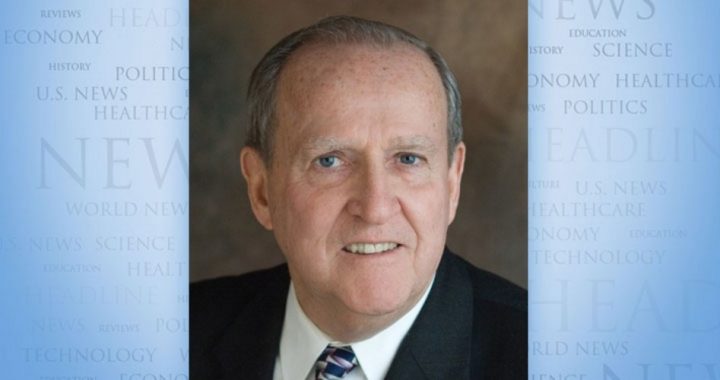
In 26 states, individuals employed in what are termed “public sector” jobs (teachers, firefighters, etc.) are compelled to pay the equivalent of union membership fees even if they decline to join the union. This arrangement is now being challenged in Friedrichs v. California Teachers Association. The Supreme Court has accepted the case and is expected to deliver a ruling before its mid-2016 break.
The plaintiff in this case is Rebecca Friedrichs, a veteran teacher in a California public school. She is joined in the suit by nine others who also believe they are being treated unjustly when forced to pay for something they don’t want. Ms. Friedrichs argues, “I never asked the union to represent me.” Speaking for herself and the other plaintiffs who resent the taking by their union of approximately $1,000 per year, she adds, “We’re asking that teachers be able to decide for ourselves, without fear or coercion, whether or not to join a union. It’s that simple.” The amounts obtained by a union from these non-union workers totals hundreds of millions in revenue.
Union representatives claim that their negotiation skills for salary, benefits, and working conditions help all workers (union member or not) and, therefore, all should pay for such a service. Terming the non-union workers “free riders,” they point to a check-off box on the union membership form given to all employees where each can indicate an unwillingness to join the union. Doing so, however, lowers the amount of salary taken by the union each year by a mere $20, the amount the union says is devoted to its political agenda. Estimates place the number of so-called “free riding” teachers who decline to join the union at 34 percent.
Part of the complaint claimed by Ms. Friedrichs and others points to union political activity that favors candidates and issues with which they disagree. The power possessed by well-funded labor unions in the political arena is no secret. It enables unions to flex their muscles with the war chests they obtain from members and non-members alike. In this particular case, the union is even using funds taken in member dues to fund their court battle. Ms. Friedrichs and her fellow plaintiffs are receiving help from the Center for Individual Rights, a private libertarian-minded group that obtains funding from non-government sources.
The very matter in question came before the high court nearly four decades ago. In 1977, the Supreme Court ruled in Abood v. Detroit Board of Education that states could indeed require employees to pay dues to a public-sector union even if the employee doesn’t join. Should the Friedrichs challenge prevail, the Abood decision would be overturned.
Approximately two centuries ago, Thomas Jefferson offered his opinion about a similar matter. He stated: “To compel a man to subsidize with his taxes the propagation of ideas which he disbelieves and abhors is sinful and tyrannical.” Substitute the word “dues” for taxes in his statement and the decision the Supreme Court should reach seems obvious.
One of our nation’s highly touted fundamental freedoms, guaranteed to all, is being tested in this case. The verdict should favor Ms. Friedrichs and her colleagues.
John F. McManus is president emeritus of The John Birch Society. This column appeared originally at the insideJBS blog and is reprinted here with permission.



